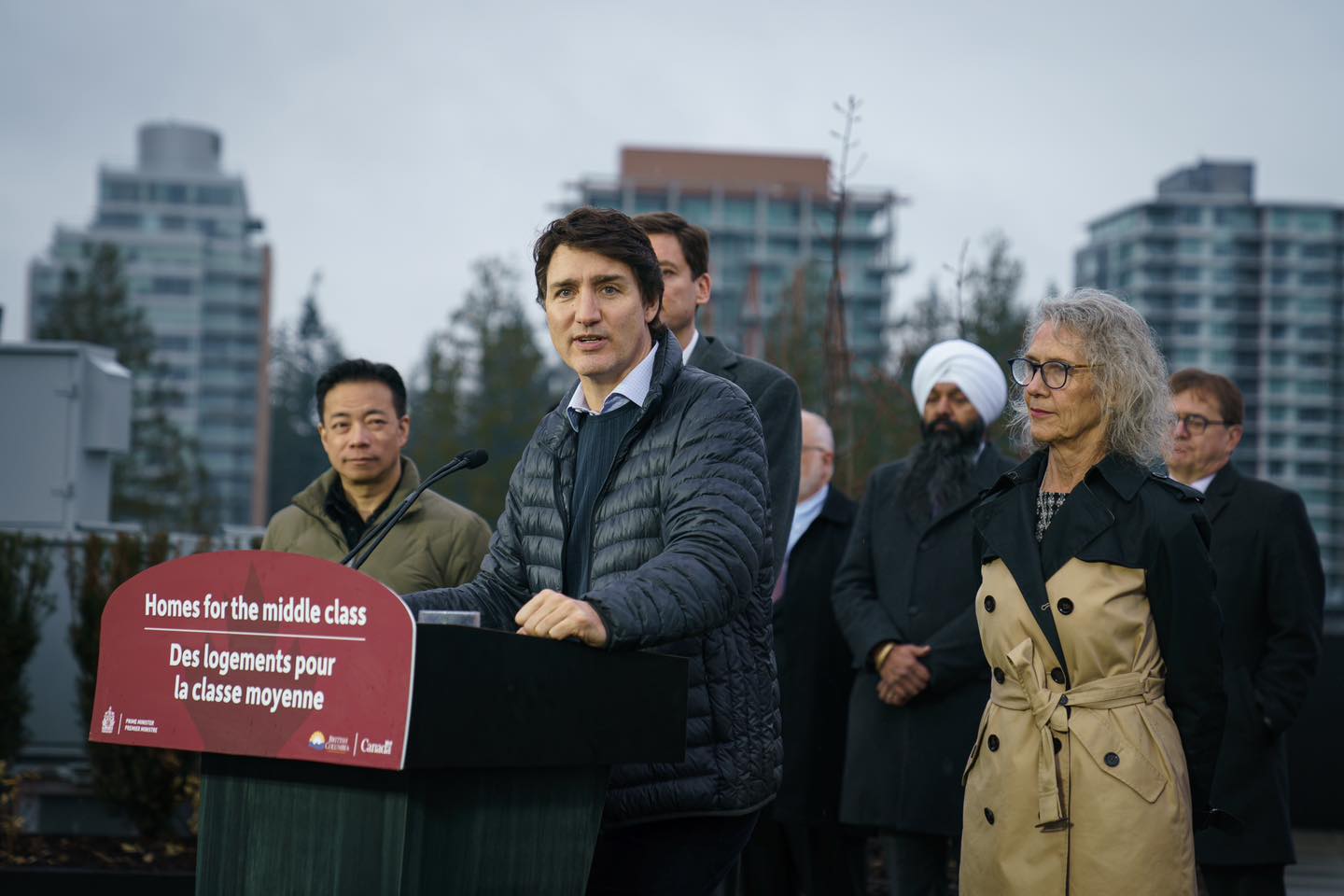Canada News
Liberals survive first confidence vote after the end of governance agreement with NDP
By Darren Major, CBC News, RCI

Trudeau shot back by accusing Poilievre of having slogans without any actual solutions.
(File Photo: Justin Trudeau/Facebook)
Conservatives expected to bring forward a number of non-confidence motions this fall
The Liberal government has survived the first of what is expected to be a series of confidence votes during this fall sitting.
Conservative Leader Pierre Poilievre brought forward a non-confidence motion this week in an effort to topple the government and trigger an early election.
The result of Wednesday’s vote wasn’t really in doubt, as the NDP and Bloc Québécois had signalled they wouldn’t support the Conservative motion.
Wednesday’s vote was also the first confidence motion brought forward after the NDP backed out of its supply-and-confidence agreement with the Liberals. While that agreement was in place, the Liberals could count on the NDP to back them on confidence votes in exchange for movement on certain policy priorities.
The final tally was 211 MPs voting against the motion and 120 in favour. Two Independent MPs and the two Green MPs voted against the motion. Two other Independents voted with the Conservatives.
During question period, roughly an hour before the confidence vote, Poilievre and Prime Minister Justin Trudeau debated whether Canadians want an election at this time.
WATCH | Poilievre and Trudeau debate non-confidence motion ahead of vote:
Poilievre and Trudeau debate non-confidence motion ahead of vote
Conservative Leader Pierre Poilievre and Prime Minister Justin Trudeau debate before a Conservative motion of non-confidence in Trudeau and the government goes to a vote.
Polls have favoured the Conservatives for more than a year now and if they hold true for the next election, it could result in a Conservative majority government.
Poilievre said again that he’ll axe the [carbon] tax, build the homes, fix the budget and stop the crime
if his party forms the next government.
Why can’t we bring it home today?
the Conservative leader asked in question period.
Trudeau shot back by accusing Poilievre of having slogans without any actual solutions.
I believe today we will see that this House does not have confidence in the leader of the Conservative Party,
he added.
Conservatives plan to force more confidence votes
The Conservatives are already planning to bring forward a new non-confidence motion on Thursday and a second vote is expected to take place next week. The Conservatives also will be allotted three more opposition days — where opposition motions take priority over government business — this fall.
The Bloc and NDP also will be allotted one opposition day each before the House is scheduled to rise for Christmas.
Bloc Québécois Leader Yves-François Blanchet laid out a list of demands Wednesday he said the government must fulfil by the end of October if it wants to avoid the risk of an early election.
Speaking to reporters on Parliament Hill, Blanchet said the Bloc wants the government to push through a bill, C-319, that would hike Old Age Security (OAS) payouts by 10 per cent for seniors between the ages of 65 and 74. The government topped up OAS payments for seniors aged 75 and older in 2022.
WATCH | Blanchet threatens to push for early election if Liberals don’t meet his party’s demands:
Blanchet threatens to push for early election if Liberals don’t meet his party’s demands
Yves-François Blanchet, leader of the Bloc Québécois, has laid out a list of demands for the Liberal government. Blanchet said the government must fulfill them by October 29 if it wants to avoid the risk of an early election.
Blanchet also said he wants the government to agree to pass a Bloc private member’s bill, C-282, that would exempt supply-managed farm sectors — dairy, poultry and eggs — from any future trade negotiations.
He said those demands must be met by October 29. If they’re not, he said, the Bloc will start negotiations with the Conservatives and the NDP on toppling Trudeau’s government.
If the Liberals come through on those two priorities, Blanchet said, the Bloc won’t vote against the government before Christmas. That would all but guarantee the government’s survival into the new year.
What we are proposing is good for retired persons in Quebec but also in Canada. It’s good for milk, eggs and poultry producers in Quebec but also in Canada. That’s good for everybody,
Blanchet said.
This article is republished from RCI.





















